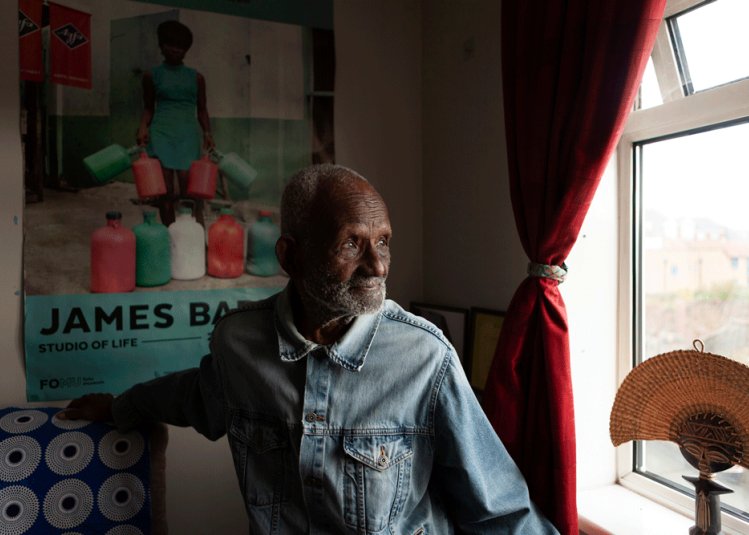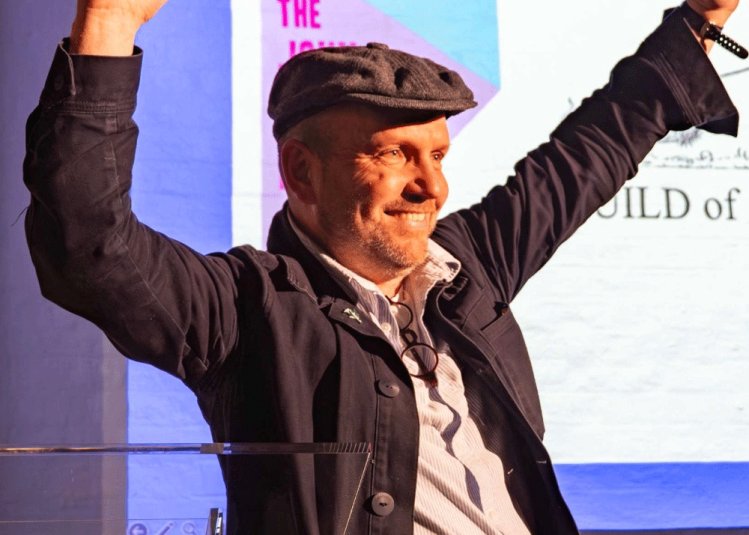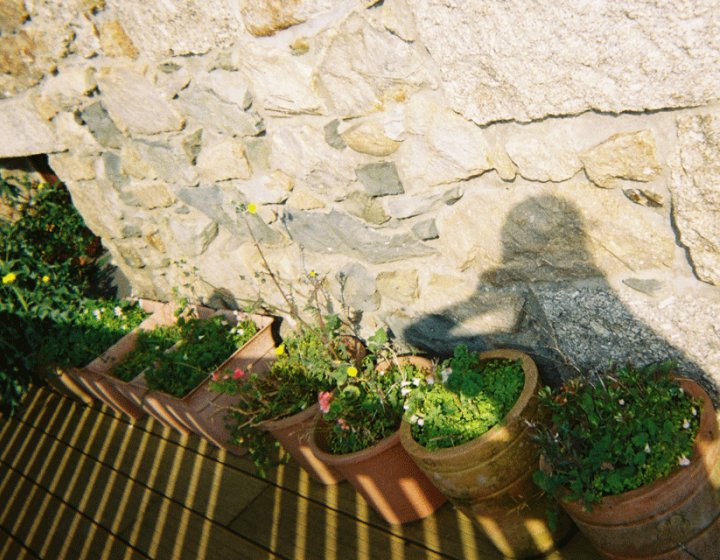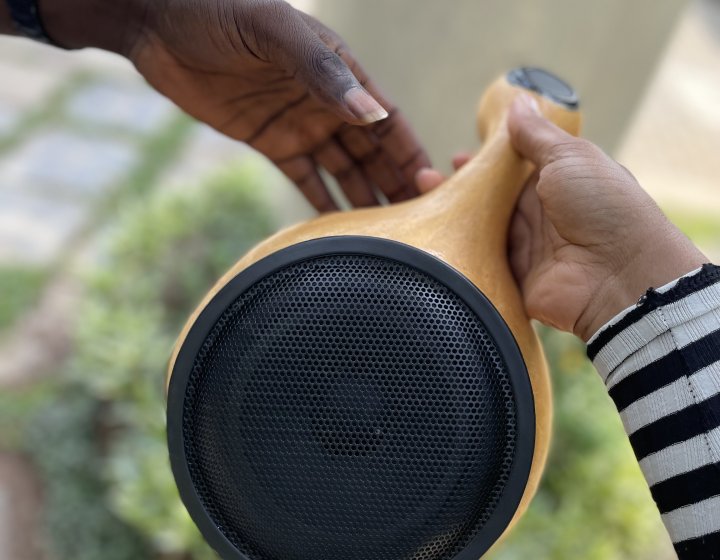Finding your voice on Falmouth’s online film and TV course
13 August 2025
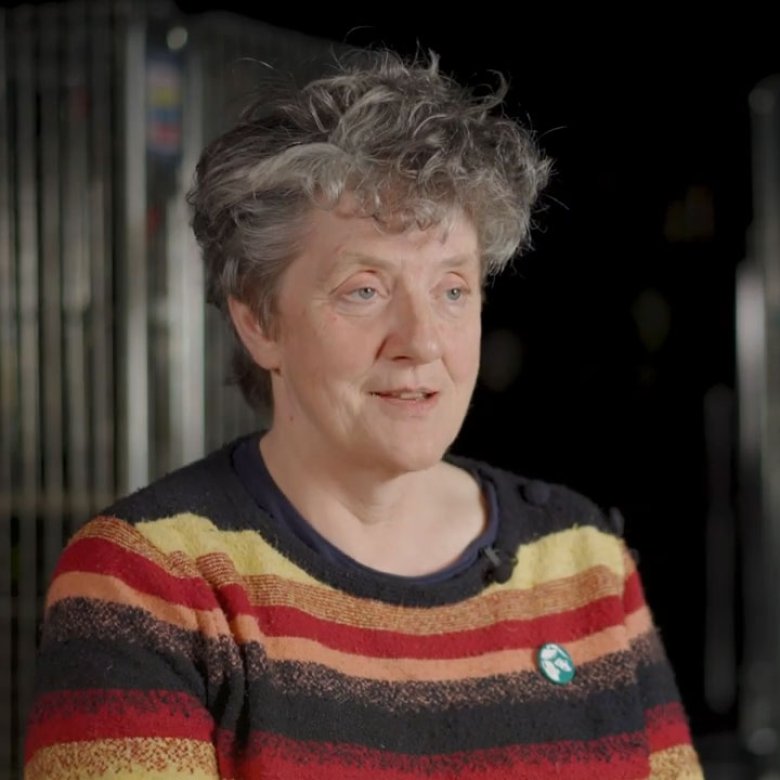
For many writers, the dream of completing a full-length screenplay is often pushed aside by the demands of everyday life. On Falmouth’s online master’s in Film & Television, the Final Major Project (FMP) offers a rare chance to focus entirely on that ambition, supported by help and guidance from experienced industry professionals such as the award winning script editor Jane Pugh.
We spoke to Jane about how this opportunity can transform both skills and confidence.
Why do you think that space and time are so hard to come by for writers, even established ones? How does the course’s FMP help students focus?
Life gets in the way. Our jobs, families and responsibilities from walking the dog to washing up. Many times, I've heard how our online students decide to carve out time to write a feature-length screenplay because we offer the support and structure to prioritise writing, to lift it from the bottom of their list of priorities to somewhere near the top.
For students who have only worked on short films before, what mindset shift is needed to take on something feature-length or episodic?
A short film is a song; a feature script is an opera. The mindset shifts by embracing scale. Suddenly, there is an opportunity to explore a larger scale idea, from a journey into outer space to a complex family drama or murder mystery. Whilst daunting, it's an adventure.
How do you encourage students to take creative risks within a framework?
The course community sharesan 'anything is possible' attitude and we support each other in this endeavour. Further, we support everything with research. I personally enjoy looking at different forms of narrative and storytelling from around the world, with the Japanese tradition being a favourite. If a student has an idea, we will find a method for achieving it and we will identify inspiring artists and art to support it.
Some students worry that writing for film and television is a solitary craft. How does the online MA community support writers to collaborate or share feedback?
Students worry that screenwriting is solitary. They're right, it is! Yet I have never met a more connected bunch of creatives. We offer our fortnightly webinars and tutorials, meanwhile student writers get together online to create their own writer forums which are akin to meeting in a cafe or bar. It's a great way to check on progress, solve problems, set targets and frankly, socialise. My job is to help writers progress their projects by keeping them focused and creative through from ideation to completion.
A key focus at Falmouth is blending creativity with industry practice. How does the course prepare writers not only to write, but to understand the industry they’re writing for?
There are three objectives for emerging writers: secure an agent, produce your own work, get a commission. Writing is imaginative and creative, but it's also a craft and a discipline. All the lecturers on the MA are industry practitioners – my practice is script editing. I use my experience to help shape students and we all learn from each other, it's a pool of talent, experience and expertise within both a scholarly and professional framework.
You’re a big advocate of writing for wellbeing. Do students find the MA helpful as a way to reflect or grow personally, beyond career ambitions?
I firmly believe in the individual and collective need to express ourselves creatively. A university, whether online or otherwise, is a centre of questions and ideas. This is challenging, but it is also harmonious and healthy.
